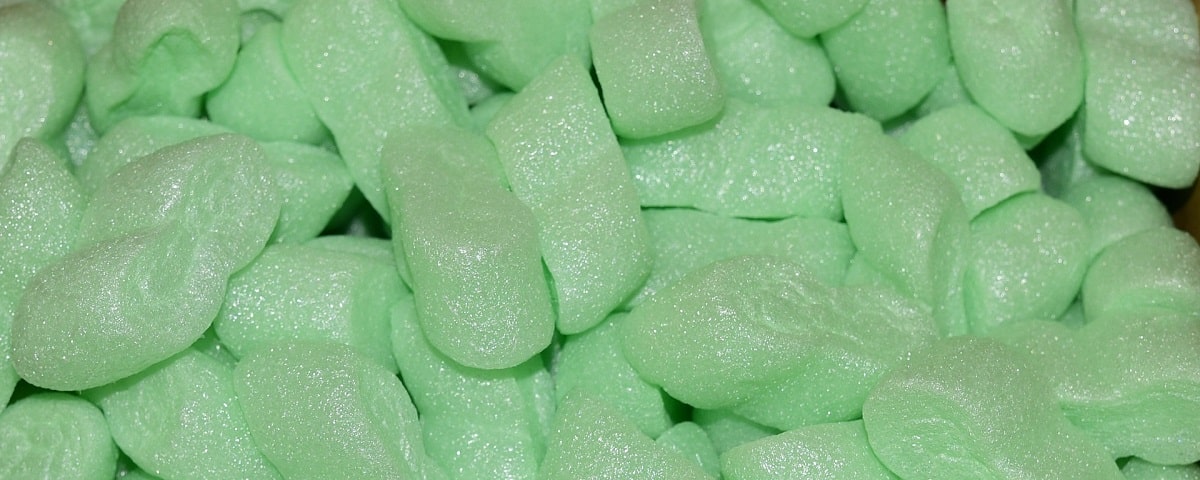New customers often ask us whether they need a baler for cardboard or a compactor. There’s a number of differences that are worth knowing as not every waste stream has the same requirements for management and disposal. Waste balers and compactors are fantastic machines, but they satisfy different needs.
This blog will be looking at the differences between these two machines, alongside the benefits your business can gain and which type is more suitable for you overall.
Introducing the Baler
A waste baler is a machine that takes dry waste, such as cardboard, compress it and pack it into bales. From here, bales are easily handled and transported to mills or recycling plants.
Here at Greenbank, we offer many kinds of balers, including vertical, semi-automatic and fully automatic. Semi-automatic balers need starting and the bales require tying off at the end. In contrast, fully automatic do everything themselves. Overall, this saves on staff time and labour costs.
Let’s think of a use-case scenario for the baler. Imagine you have a full 40 cubic yard RoRo skip, filled with loose, flat-packed cardboard. This skip can hold between one and two tonnes. Now, you can use a baler to bale this cardboard, which has the potential of increasing the skip capacity by up to 15 times. Alternatively, you can get rid of the need for a skip altogether after tying your bales with twine into easily-handled sizes.
We sell balers from small to large sizes, suiting the needs of businesses that range from smaller retail sites to large industrial complexes.
So what are the benefits of owning a baler?
The Benefits of a Baler
Our balers provide a variety of benefits, such as:
- Increased revenue: Bales of materials such as cardboard waste can be sold to recyclers to create an extra revenue stream.
- Reduce transport and collection costs: As waste is compressed, bales take up less space, reducing the number of collections needed.
- More material in a smaller area: Bales are compressed, creating extra space in the skip.
- Easy handling: Baled material can be easily moved and stored.
- Increased safety: Baled and tied waste materials don’t cause waste overflows, meaning there’s less potential of floor space being covered with loose waste that can cause trips and falls.
Introducing the Compactor
When considering waste balers and compactors, you can’t miss out the latter. A compactor is a machine that compacts various types of waste to reduce the size and make it easily handled and transported.
There are many types of compactor designed for different uses. Here at Greenbank, we offer static compactors, portable compactors and even specialised polystyrene compactors.
Compactors tend to be bulkier than balers, taking up more space. Static versions are bolted to the ground and remain in place, whereas portable compactors are smaller and transportable, meaning they can serve different areas of a site depending on the need.
So what are the benefits of utilising a compactor?
The Benefits of a Compactor
There are many benefits of having a compactor:
- Versatility: Compactors are ideal for bulkier types of waste, from construction waste all the way up to old sofas.
- Ease of use: Our compactors have low feed openings and can come with different configurations of feed hoppers, meaning they’re customisable and easy to use.
- Bin tipping: Our compactors can include a bin topper as an optional, which reduces manual handling.
- Reduce transport and collection costs: As waste is compressed, compacted waste takes up less space, reducing the number of collections needed.
- Self-cleaning: Some of our compactors are self-cleaning, which require minimal maintenance and are perfect for food and messy waste.
- Ideal for cost reduction on collections of dry mixed recycling: Recyclable materials such as paper, card, plastic, polystyrene, etc. can be collected when there are smaller quantities of different materials not warranting individual collections.
Overall, balers and compactors are excellent for organising and compressing waste, saving space on site, making waste collections easier and saving staff time and money. Dry waste bales can create extra revenue through the sale of recyclable materials.
If you would like to explore more about waste management machinery and see some examples, download our latest Vertical Baler Brochure to get a feel for what is available on the market today.




